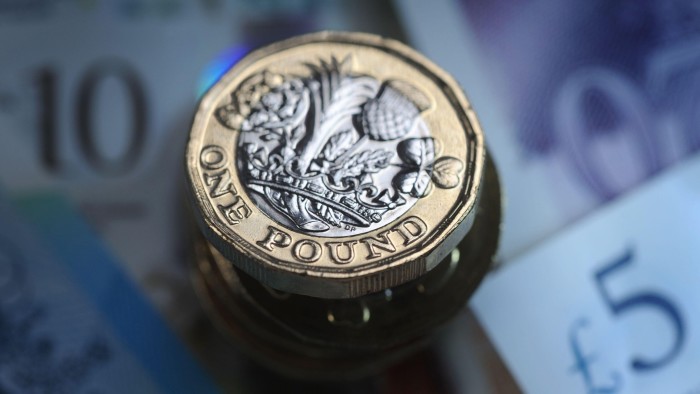Unlock the Editor’s Digest for free
Roula Khalaf, Editor of the FT, selects her favourite stories in this weekly newsletter.
Rachel Reeves is considering a less dramatic cut to the annual cash Isa allowance following a backlash from building societies, as the chancellor tries to push through potentially unpopular reforms to funnel more money into UK stocks.
In recent weeks the Treasury has privately floated a level of £12,000 a year, down from the current £20,000 but higher than Reeves’ initial £10,000 proposal, according to people familiar with the plans.
Officials said they had not ruled out still halving the allowance, but the talks come after building societies raised concerns, warning that cutting cash-based individual savings accounts could hamper mortgage lending.
The government is also encouraging Isa providers to revamp their stocks-and-shares Isa products on a voluntary basis to push more money into London-listed equities, the people said.
An option under discussion is a type of “default” or pre-packaged Isa that allocates about 25 per cent to UK equities, with the remainder available for international stocks, the people said. The Treasury declined to comment.
One person said on Thursday that the Treasury “wants a UK element and ideally that would be voluntary” for the sector.
The latest development comes after months of discussions on overhauling the Isa regime, following lobbying from City firms that would benefit from more money flowing into London-listed stocks.
Reeves’ allies say she wants to encourage people to invest more in UK equities, which have suffered in recent years as investment has flowed into global stocks, leading to a drought of company flotations in London.
But building societies and banks have fought back, warning that restricting this type of funding would push up the cost of mortgages and could result in lenders offering fewer first-time buyer loans, which are deemed riskier.
MPs also warned last month that reducing the cash Isa allowance was unlikely to incentivise people to invest in stocks and shares.
British savers can currently put up to £20,000 a year tax-free in Isas, whether in shares or cash or a mix of products. They do not pay tax on income or capital gains from savings in Isas.
Holding an estimated £360bn in investments, the cash Isa is by far the most popular product, followed by the stocks-and-shares Isa.
Any changes would only affect future contributions, not existing pots. Most people who use cash Isas alone save less than £10,000 a year, according to data from HM Revenue & Customs.
Additional reporting by Emma Agyemang

